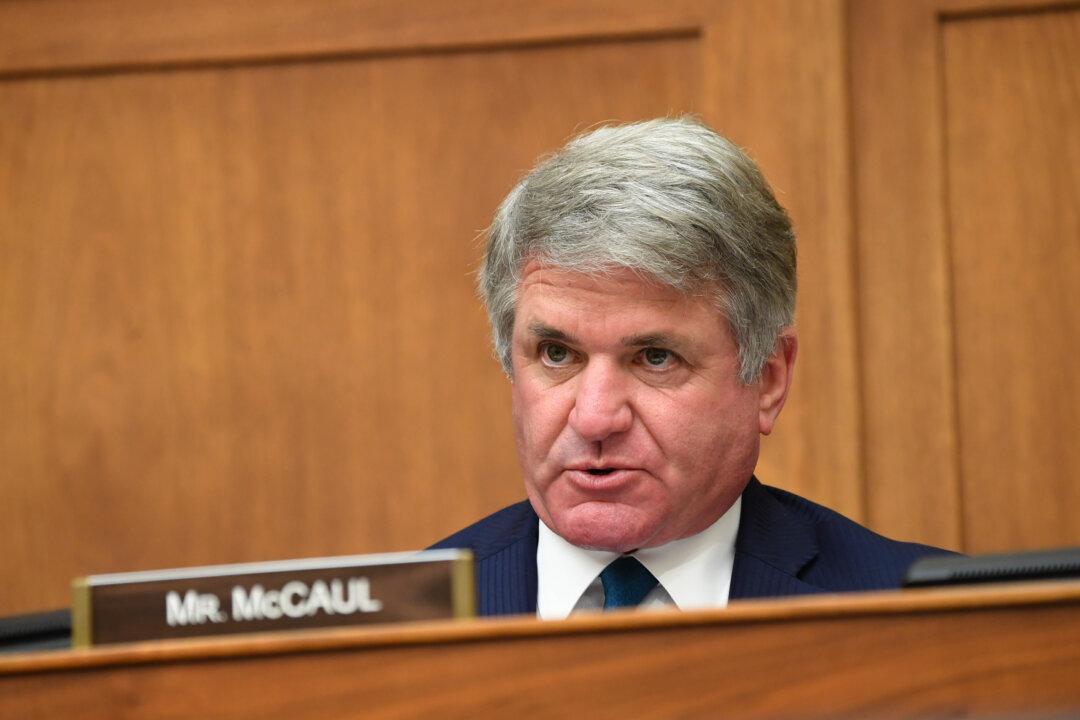Rep. Michael McCaul (R-Texas) is calling on Beijing to be transparent with a team of investigators from the World Health Organization (WHO) who are currently in China to study the origin of the CCP virus.
“As we reach the grim milestone of two million COVID-19 related deaths [globally], the Chinese Communist Party, sadly, continues to block efforts to determine the origins of this deadly disease,” stated McCaul in a Jan. 17 press release.




